Although the Law on Credit Institutions has reduced the maximum ownership ratio of institutional and individual shareholders in banks, it is not easy to handle the situation of ownership exceeding the ceiling overnight.
The current legal capital of a bank is 3,000 billion VND, according to Decree No. 141/2006/ND-CP. However, to ensure safety ratios in the context of a "lightning-fast" economic growth and fierce competition, most banks have increased their charter capital dozens of times higher than the minimum level.
To have the current "huge" charter capital, many banks have accepted not paying cash dividends for many years.
At the workshop “Building a sustainable financial group in Vietnam”, held on December 5, lawyer Truong Thanh Duc - Director of ANVI Law Firm - said that owners of private joint stock commercial banks often tend to increase their share ownership ratio. Therefore, capital increase is mainly from individuals, even many shareholders increase their ownership with actual personal capital.
According to Mr. Duc, this leads to a situation where, in some periods, it is estimated that more than half of the joint stock banks are controlled by only a few individuals.

However, unlike the roadmap to reduce outstanding credit balance (for a customer from 15%, each year reducing 1%, down to 10% of equity capital from 2029, similarly reducing outstanding debt for each customer group and related person from 25% to 15%), there has been no specific roadmap to reduce capital ownership, but full authority is given to the State Bank.
The Law on Credit Institutions 2024 stipulates that individual shareholders can only own a maximum of 5% of a bank's charter capital, while institutional shareholders cannot own more than 10%. Credit institutions must also publicly disclose the list of shareholders owning 1% or more of the charter capital. This helps to make the supervision of banks transparent. However, to date, only 23 banks have complied with the regulation of publicly disclosing this list.
“A citizen who is not subject to personal income tax but is a shareholder holding 1% of a bank’s capital, a business related to the owner borrows a lot of money from the bank, if the detailed information is made public, the public will see it and the authorities will have to consider it immediately. However, if 10 shareholders, each of whom is asked to own nearly 1%, the total is almost double the limit for an individual shareholder without having to make it public, meaning it is not closely monitored,” lawyer Truong Thanh Duc analyzed.
According to this person, without strict control, it is very easy for capital from cross-ownership, association, and collusion to occur.
Mr. Pham Xuan Hoe, former Deputy Director of the Banking Strategy Institute, Vice Chairman and General Secretary of the Vietnam Financial Leasing Association, said that if banks belong to the ecosystem of a financial group, they will take advantage of each other. However, the limitation is that there is still a lot of cross-ownership, which is extremely difficult to control in a non-transparent condition. Along with that is the easy flow of capital to backyard companies, creating risks spreading throughout the system, internal incentives to circumvent the law, and lack of transparency.
“The ecosystem of a state-owned financial group is simpler, purely in the financial sector. Meanwhile, the ecosystem of a private financial group is more complex, with many subsidiaries operating in non-financial sectors, including real estate,” said Mr. Pham Xuan Hoe.
Sharing at the workshop, Dr. Le Xuan Nghia, member of the National Financial and Monetary Policy Advisory Council, former Vice Chairman of the National Financial Supervision Committee, emphasized that transparency is one of the most important requirements of the Law on Credit Institutions 2024. However, it is not easy to check the source of capital contributions to ensure transparency, because the general transparency of society is still low.
According to Mr. Nghia, without real administrative and legal reforms, there will still be a lack of transparency as happened at SCB Bank.
According to financial and banking expert, Dr. Nguyen Tri Hieu, the ownership ratio of individuals in the Law on Credit Institutions is regulated lower than that of legal entities. Shareholders can circumvent the ownership regulations by having their names used on their behalf.
“But this often cannot be hidden from the authorities. If you want to do it drastically, you can do it. Investigating someone related to someone in the bank is not difficult,” said Dr. Nguyen Tri Hieu.
Mr. Hieu proposed that the Decree guiding the Law on Credit Institutions in 2024 could impose sanctions, if any bank repeatedly violates, for example 3 times, its license will be revoked.
Source: https://vietnamnet.vn/khong-de-de-xu-ly-tinh-trang-so-huu-cheo-so-huu-ngan-hang-vuot-tran-2348914.html



![[Photo] President Luong Cuong attends the 90th Anniversary of Vietnam Militia and Self-Defense Forces](https://vstatic.vietnam.vn/vietnam/resource/IMAGE/2025/3/26/678c7652b6324b29ba069915c5f0fdaf)
![[Photo] Editor-in-Chief of Nhan Dan Newspaper Le Quoc Minh receives Iranian Ambassador Ali Akbar Nazari](https://vstatic.vietnam.vn/vietnam/resource/IMAGE/2025/3/26/269ebdab536444818728656f8e3ba653)

![[Photo] General Secretary To Lam receives Singaporean Prime Minister Lawrence Wong](https://vstatic.vietnam.vn/vietnam/resource/IMAGE/2025/3/26/4bc6a8b08fcc4cb78cf30928f6bd979e)

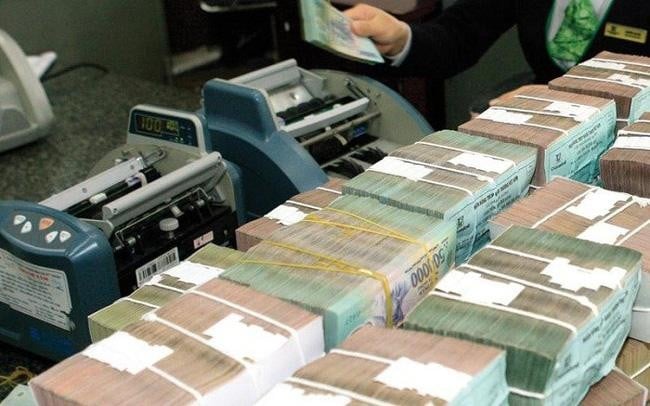
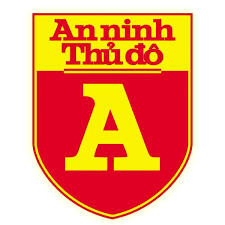



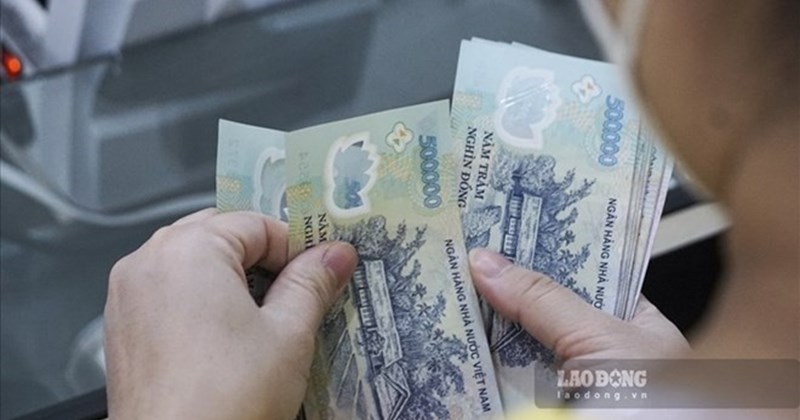


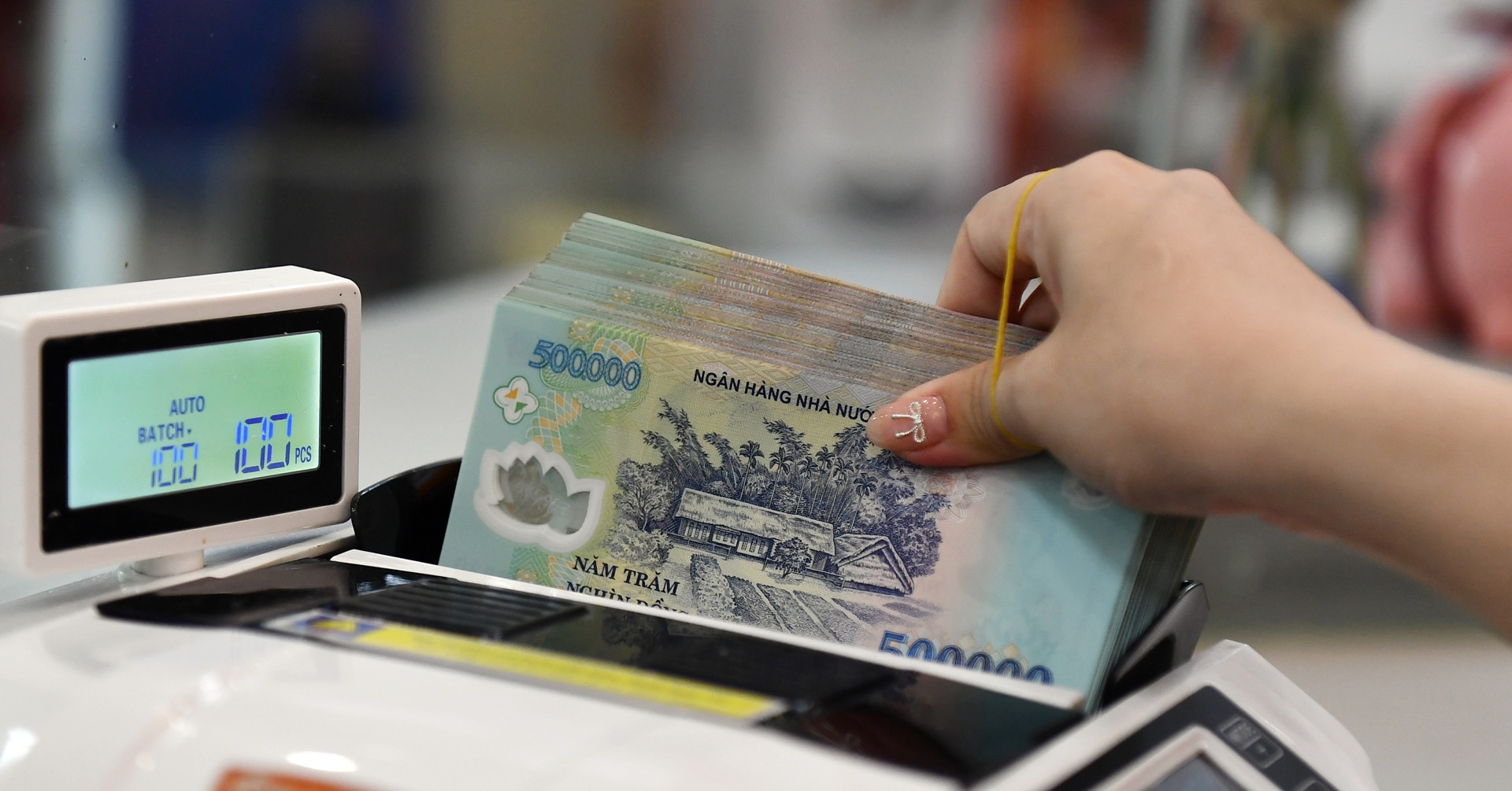
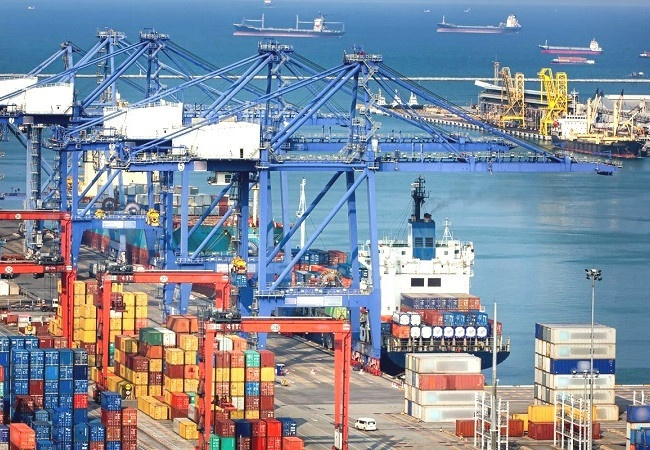








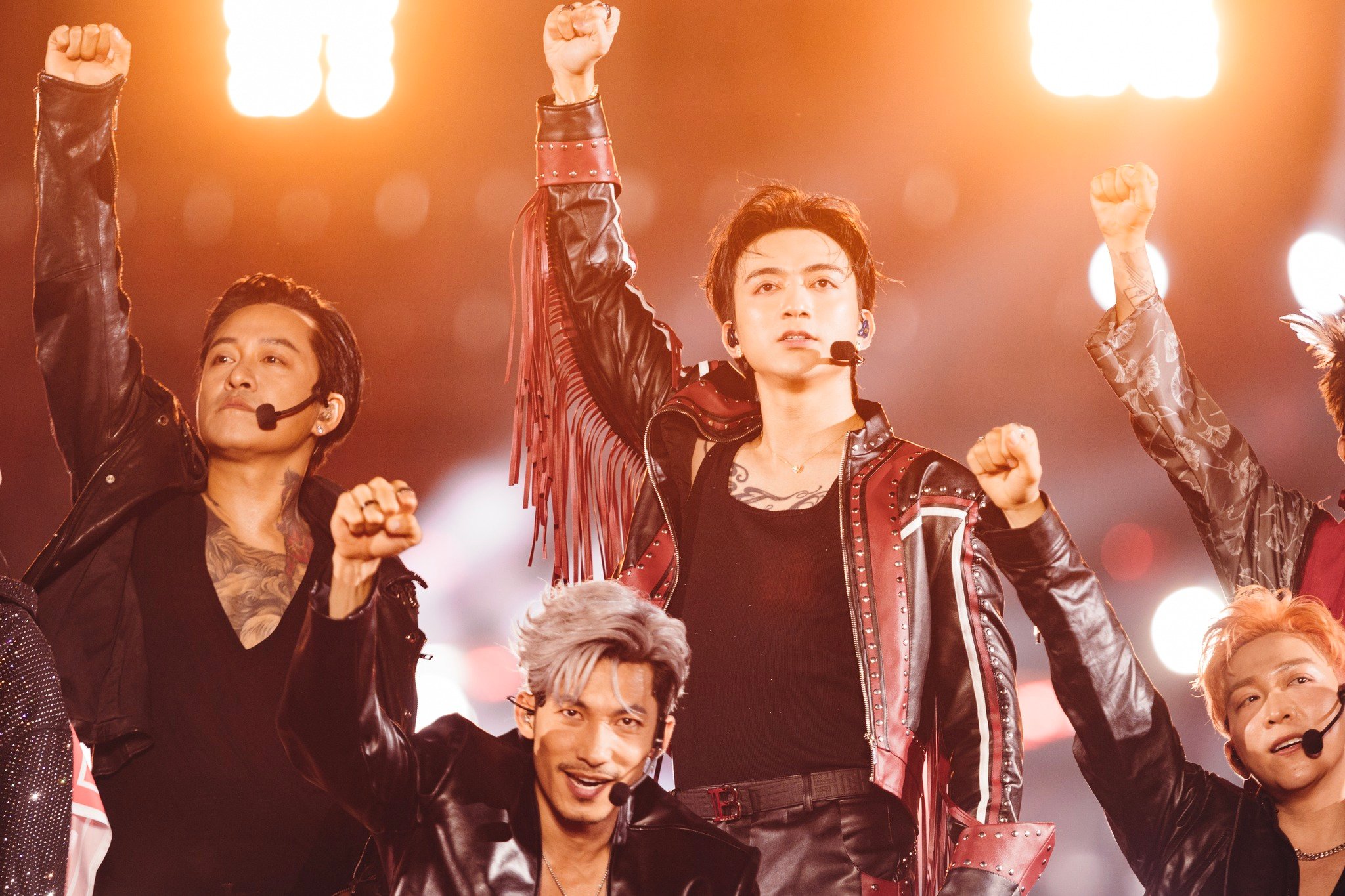

















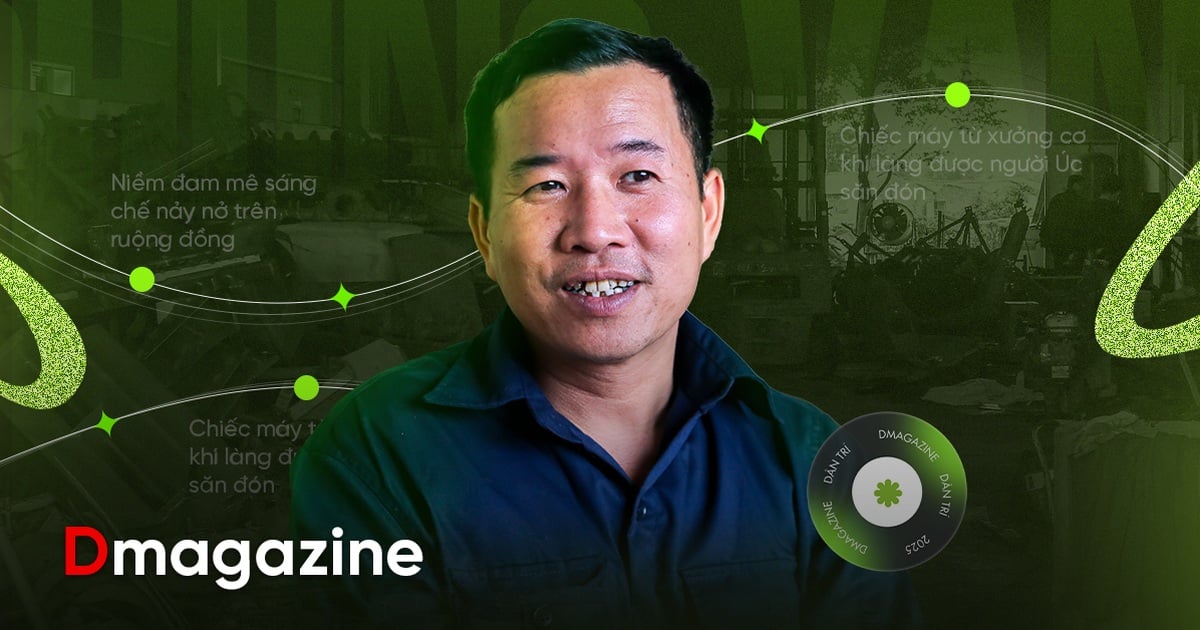





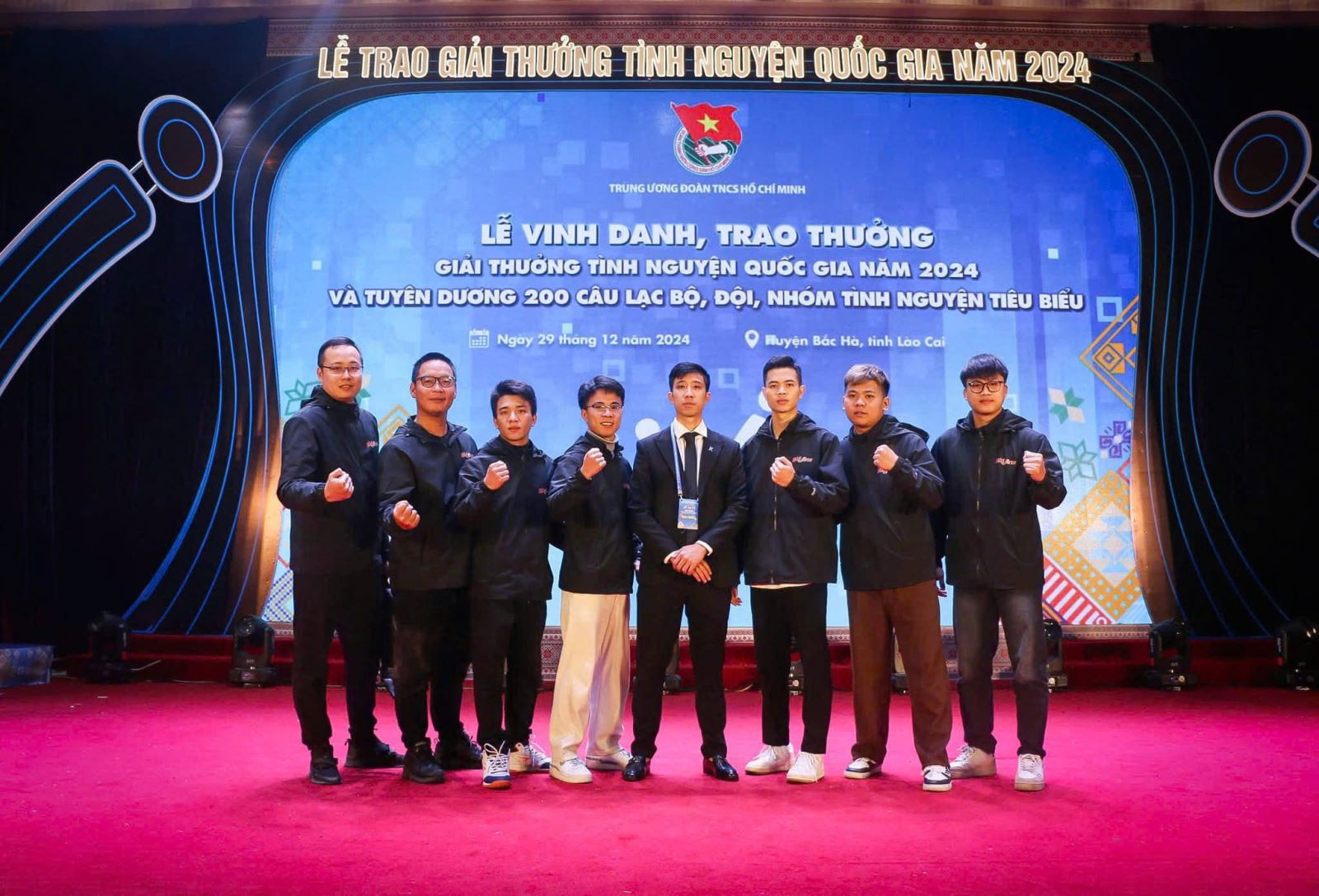

































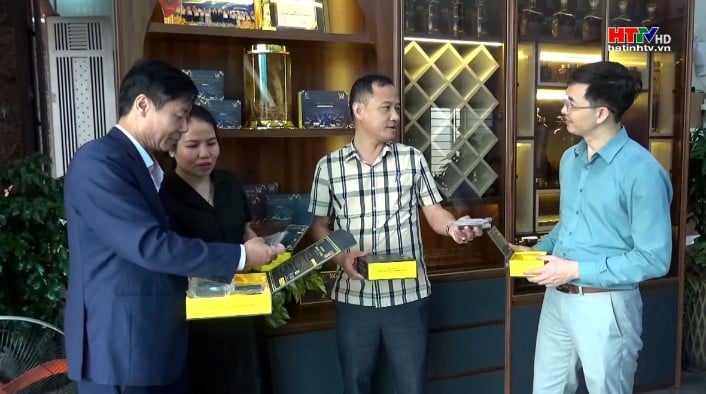






Comment (0)